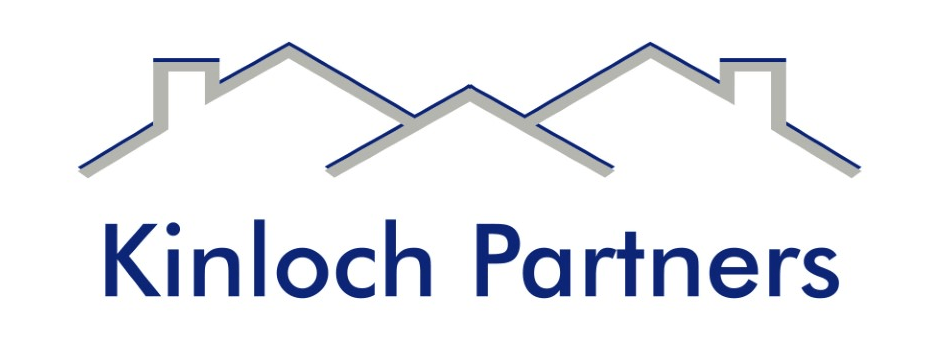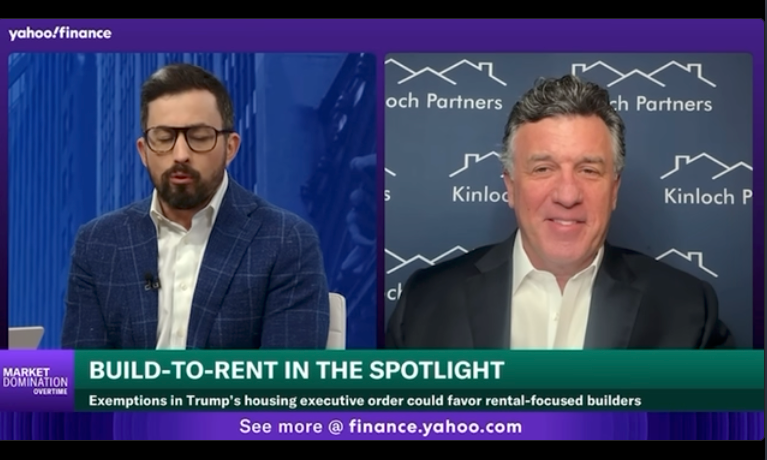The Future of the Single Family Residential Rental Business
The future of the Single Family Residential rental business is in flux. Publically traded companies in this space are suffering from stagnant stock prices. Companies seeking additional capital from publically traded equity markets are instead having to seek mergers or undertake extensive portfolio adjustments to do so. As we enter 2016, a significant flight to quality is underway with more companies buying houses built in the 2000’s and selling off older assets built in the 1950’s, 1960’s and 1970’s. Lower monthly rental rates are increasingly being discarded as the major companies seek higher quality, newer assets that pay higher rents and have higher projected APV reflective of more predictive rental income streams.
However, a significant challenge will remain as the matrices and algorithms utilized by these companies have proven unreliable in underwriting the purchases of single family assets. The industry as a whole has lower occupancy rates (73-85%) than projected as well as higher turn costs, rehab costs and management costs. The current industry net yield of 5-6% is anemic and will not be acceptable to investors or stock analysts over the long term. This is particularly true if the cost of capital rises globally as major World Bank’s move to increase interest rates as expected. The major companies have larger expenses than are necessary with regard to management, leasing and acquisition fees. The time a house sits vacant once it is purchased, to the time it is rented out, can often be 6 months or longer. The average renovation expenses are higher than expected and in many cases rents are lower than expected. The good news is that many of these problems can be alleviated and net cap rates can be increased if the industry embraces what we call a BEST IN CLASS system of management, acquisition and renovation.
The industry in recent years has increasingly been driven by MBA’s trying to run these companies from Wall Street, at a distance from the location where these assets are identified and managed. Very few CEO’s have renovated a single house yet leased one or collected rent on a Friday night from a tenant that does not want to pay. To compensate for this gap in their capability, many companies hire regional managers in the markets that they invest in. However, the talent pool available for the salaries required to manage corporate cost structures is severely lacking. We were recently shocked to learn that one manager of one such firm was being paid $40,000 annually with a small bonus. Hiring real estate agents, property managers or mortgage brokers that have often failed in previous positions but will work for a $40,000 salary guarantees failure or at best mediocre performance. What the industry needs is a significant paradigm shift away from this method of operation.
Companies need to partner with local best in class operators within their target markets who have been vetted for performance in leasing, management, rehabilitation, supervision and the ability to identify and source quality acquisitions. These partners can supply the market knowledge necessary to insure that assets likely to underperform are not purchased, and as importantly, that higher quality assets are not purchased at an inflated price. These local companies should provide 100% outsourced services so that national corporate entities can substantially reduce overhead. In essence there should be a quota system provided each local operating partner. Acquisitions should be managed by the local best in class partner where pricing can improve based on deep local knowledge. No longer would a regional vice president from out of state underperform due to a reliance on substandard real estate agents and outdated statistical information.
There are several ways such partnerships can be structured. The company could enter into a Joint Venture or shared equity arrangement with the best in class entity, or provide a direct capital investment in exchange for an agreed upon return secured by the operating income of the local entity. Another option is more of a hybrid approach, where an agreed upon return is provided to the company on an annual basis, with the bulk of the return occurring in later years with the disposition of assets. Regardless of how the partnership is structured, we believe that companies that lead this paradigm shift, will benefit from achieving increased net yield and reduced corporate overhead. Most importantly, this approach could be replicated in multiple regional markets, thus retaining the scalability needed to grow portfolios to sufficient size and scope to meet the demands of the broader investor community who ultimately will be needed to fund our shared goal of providing high quality, affordable single family housing.
Bruce W McNeilage is CEO, Co-Founder & Managing Member of Kinloch Partners, LLC based in Kennesaw, Georgia and Nashville, Tennessee. He can be contacted at Bruce@kinlochpartners.net or 615-715-5985











